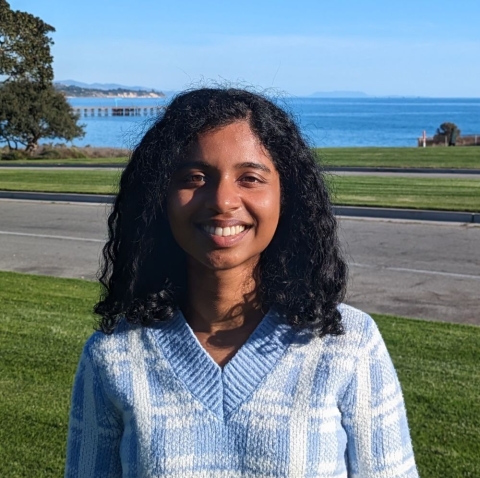
Date:
Location:
Speaker:
Title: Crystal Growth Modeling and Morphology Prediction of Complex Organic Molecules
Abstract
Crystalline materials are ubiquitous in our daily lives - from the silicon wafer chips in our electronic devices to food we thrive on and medicines prolonging our lifetime. Controlling crystal growth properties becomes crucial to engineering material functionality. A growth model is necessary for design, control and optimization of crystallization processes. Moreover, it allows efficient exploration of growth conditions to form crystals with desirable properties. Previous work on growth models has mainly focused on symmetric organic molecules, salts and inorganic crystals. However, in the majority of cases the molecules of interest are highly asymmetric and lack an inversion centre. The current models are plagued with flawed assumptions, making them unfit for real asymmetric molecules. To that end, we have developed a novel growth theory that enables prediction of fundamental growth parameters within a broader class of mechanistic multiscale crystal growth models. This allows investigation of crystal morphology space for rational design of processes to form crystals with the necessary physico-chemical properties.The theory - Simplified Steady-State Framework is based on identifying a small subset of most-probable surface events which dominate the surface kinetics. In this work, we demonstrate the framework and its application to a Kossel crystal (Z'=0.5), and AB-type crystal (Z=2). We developed a Symbolic-Numerical digital tool which allows generalization of the theory to crystals with various molecules in the unit cell and demonstrate its applicability to crystals with four growth units in the unit cell (Z=4). The overarching goal of the project is development of an in-silico tool based on first-principles reliable growth models to allow high throughput screening of design conditions for crystal engineering of the general class of asymmetric organic molecular crystals.



